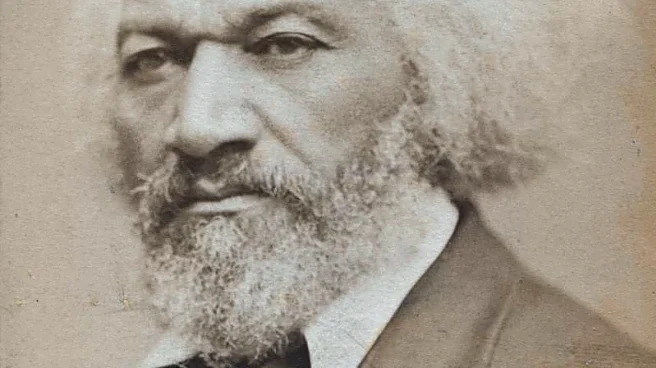What's Happening?
Olympic swimmer Ben Proud has become the first British athlete to join the Enhanced Games, a controversial event that permits athletes to use banned performance-enhancing drugs under medical supervision. Proud highlighted the significant prize money disparity between traditional swimming competitions and the Enhanced Games, stating that it would take 13 years of winning World Championship titles to match the prize money from a single race at the Enhanced Games. The event offers appearance fees and a $1 million bonus for breaking the world record in the 50m freestyle, a race in which Proud has previously won world and European gold.
Why It's Important?
The Enhanced Games challenge traditional views on sports ethics and regulations, potentially impacting the future of competitive sports. By allowing performance-enhancing drugs, the event raises questions about fairness, athlete health, and the integrity of sports. The substantial prize money could attract more athletes, shifting focus from traditional competitions and possibly influencing public perception and policy regarding doping in sports. This development may lead to debates within sports organizations and among stakeholders about the balance between financial incentives and ethical standards.
What's Next?
As the Enhanced Games gain attention, sports organizations and governing bodies may need to address the implications of such events on the integrity of sports. Discussions around doping regulations and athlete health are likely to intensify. Athletes and sponsors may face decisions about participation in traditional versus alternative competitions, potentially influencing the future landscape of competitive sports. The response from the broader sports community, including fans and policymakers, will be crucial in shaping the direction of this debate.
Beyond the Headlines
The Enhanced Games could spark broader discussions on the role of money in sports and the ethical boundaries of competition. It may lead to a reevaluation of doping policies and the potential normalization of performance-enhancing drugs in certain contexts. The event also raises cultural questions about the values upheld in sports and the societal impact of prioritizing financial gain over traditional sportsmanship.










